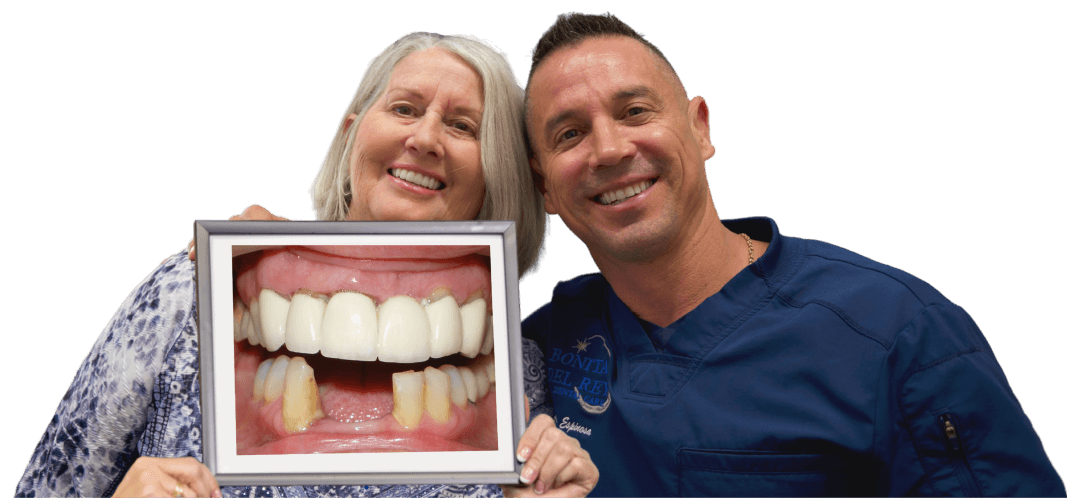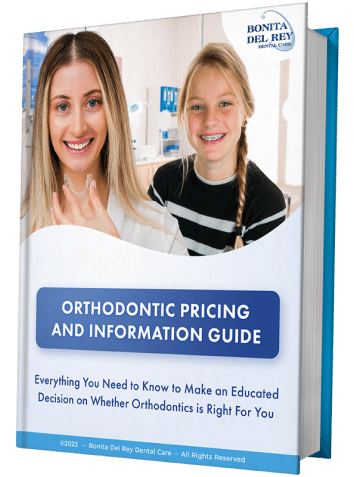October marks the sixth consecutive year the American Dental Hygienists’ Association (ADHA) and the Wm. Wrigley Jr. Company have come together to raise awareness about good oral health care for National Dental Hygiene Month (NDHM).
The focus this year is on four key components of good oral health care, including the following:
1. Brushing twice daily:
It’s important to brush for two minutes, twice a day and every day. This will help reduce plaque and prevent cavities and gingivitis. Use a soft toothbrush with nylon, round-ended bristles that will not scratch or damage your teeth and gums. While you may think you need a full brush of toothpaste to get your teeth clean, you only need a pea-sized amount to properly clean. Don’t forget to replace your tooth brush every 3-4 months.
2. Flossing every day:
Make it a habit to floss daily. Flossing your teeth removes plaque and food particles between teeth and under the gum line, where brushing can’t reach. Not removing these food particles can lead to plaque buildup, and in turn tooth decay and gum disease. The proper way to floss is to wind 18 inches of floss between your fingers, holding 2 inches apart and use your thumbs to guide the upper teeth and the index fingers to guide your lower teeth. Gently glide floss between the teeth, use the contour of the tooth to guide the floss. Slide floss up and down against the tooth and under the gum line. Floss thoroughly between each tooth, using a clean piece of floss each time.
3. Rinsing with antimicrobial mouthwash:
Mouthwash can improve your oral health care by preventing gum disease. The teeth account for less than half of your mouth, so while brushing and flossing do a great deal of the work, there are still areas that need to be reached to eliminate plaque and germs. It’s important to make sure you rinse with an antiseptic mouthwash with the ADA Seal of Acceptance. Talk to your dentist about which mouth wash is right for you.
4. Chewing sugar-free gum:
Research has shown that chewing sugar-free gum after eating can help fight tooth decay. Chewing gum stimulates the production of saliva, and when you can’t brush or floss after every meal, the saliva can help clean food particles and neutralize plaque acids on your teeth. Of course, the fresh breathe is always a plus too.
Make it a personal goal this month to “Do the daily 4.” You can even make a game of it with your family, friends and co-workers – in turn creating great oral health care habits for all.
For more information, about brushing, flossing, rinsing or chewing, please contact our office at (619) 482-3264 or visit our website, www.bonitadelrey.com.











